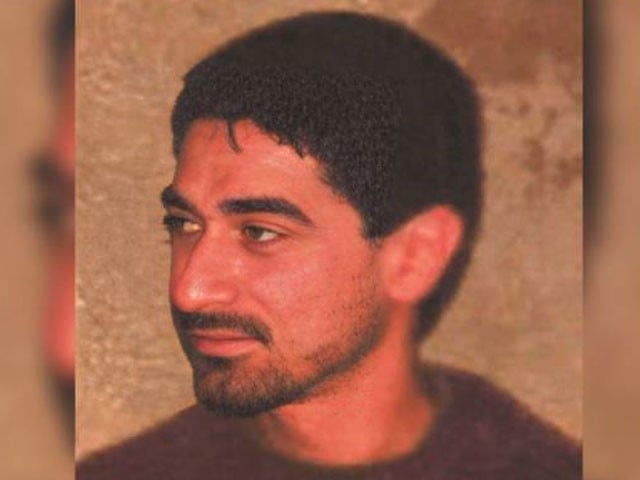Ibrahim Aqil, a key operations commander for Hezbollah, was killed in an Israeli airstrike on Friday, with a $7 million bounty on his head due to his involvement in two devastating 1983 truck bombings in Beirut that claimed over 300 lives, including those of American diplomats and US Marines.
Security sources in Lebanon confirmed that Aqil was struck during a meeting of the elite Radwan unit in Beirut’s southern suburbs. He was known by several aliases, including Tahsin and Abdelqader, and was the second high-ranking member of Hezbollah’s Jihad Council to be killed in two months, following the assassination of Fuad Shukr in July.
Aqil was a veteran fighter who joined Hezbollah, which was established by Iran’s Revolutionary Guards in the early 1980s in response to Israeli military actions in Lebanon. Born around 1960 in the Beqaa Valley, he initially aligned with the Amal movement before becoming a founding member of Hezbollah.
The United States had accused Aqil of orchestrating the 1983 bombing of the American embassy in Beirut, which resulted in the deaths of 63 people, and the attack on a US Marine barracks six months later that killed 241. He was also implicated in the abduction of American and German hostages in Lebanon and was designated a Specially Designated Global Terrorist in 2019.
In a 2022 interview, Hezbollah leader Sayyed Hassan Nasrallah downplayed the group’s involvement in the bombings, attributing them to small, independent factions. Aqil was part of the founding cadre that transformed Hezbollah from a clandestine militia into Lebanon’s most formidable military and political force, playing a pivotal role in expelling Israeli forces from southern Lebanon in 2000 and confronting them again in 2006.
The recent killing of Aqil, whose bounty was set higher than that of Shukr, is viewed as a significant blow to Hezbollah’s command structure, echoing the impact of the 2008 assassination of legendary commander Imad Mughniyeh, who remains a controversial figure both in Lebanon and among Israel and the United States.



